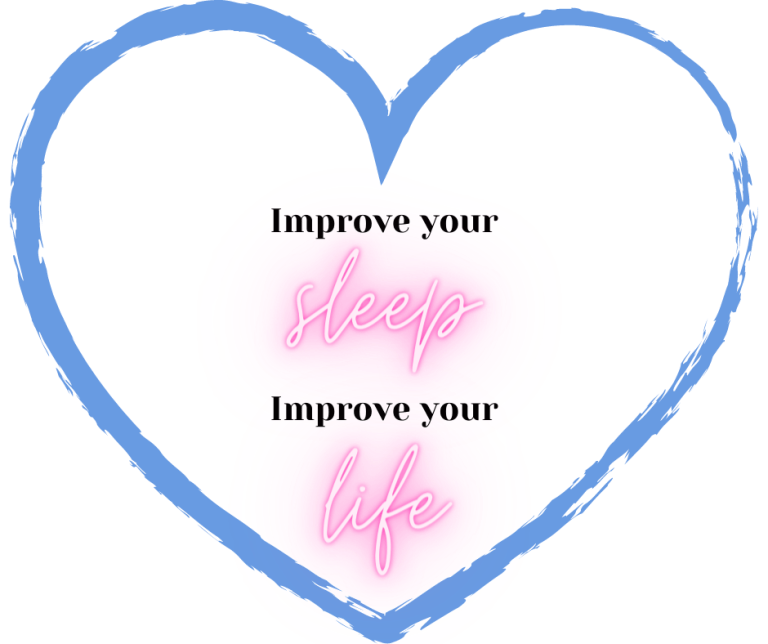Until 7 months ago I thought I was. And thankfully, after realizing that wasn’t quite the case and after making a few changes to my sleep routine, my well-being substantially improved.

Why Sleep is So Important
Are you getting enough sleep?
With the help of the Oura Ring, an activity and sleep tracker designed to improve your health and performance, I understood what was affecting my sleep and what I could do to improve it.
You don’t need a fancy app like that to show you if you need better rest. Here are some indications you could be sleep deprived, thanks to helpguide.org. You:
- Feel tired, irritable, and fatigued during the day; yawn frequently
- Have difficulty focusing or remembering things
- Feel less interested in sex
- Find it difficult to get out of bed in the morning, need an alarm clock to wake up on time, or repeatedly hit the snooze button
- Feel lethargic or drowsy in the afternoon
- Find it difficult to stay awake in lectures, meetings, warm rooms, while driving or commuting, or after a heavy meal
- Have to take a nap during the day
- Fall asleep on the couch in the evening
- Are asleep within five minutes of going to bed
- Need to sleep late on weekends
- Have experienced mood changes, including feeling depressed, anxious, stressed, paranoid, or suicidal
Ongoing sleep deprivation can negatively impact your overall health, including: changes in energy and motivation, increased mental health issues, weakened immune system, higher blood pressure and increased risk of heart disease and other illnesses, weight gain, and issues in relationships. Sleep is a MAJOR contributor to maintaining sound health, and it’s important to take yours seriously!
If you experience these signs and symptoms, the best way to determine what could be affecting your sleep is to journal your activities before, after and during sleep for about a week. Track when you went to bed and when you woke up, how you felt when you woke up, if and when you woke up in the middle of the night, the mood you were in when you went to bed, what you consumed before bed (food, drink and medications) and a description of the environment you slept in (was it bright, noisy, hot?). This will help you pin point what could be the causes and triggers that are disrupting your sleep.
After reviewing my sleep routine it was easy to identify ways to make it better. Here are some adjustments I made, plus some from helpguide.org:
- create a pre-bed calming ritual – avoid screens and stressful conversations, take a warm bath, read a book, meditate, listen to a guided meditation or relaxing music
- get regular exercise, but avoid exercising right before sleep
- eat healthy balanced meals at regular meal times – avoid eating heavily before bed, and reduce consumption of sugar, alcohol and caffeine
- improve your sleep environment – keep your bedroom quiet, dark, cool and comfortable. Take stress inducing activities to another room – keep your space serene.
- manage stress and get support – find ways to relieve stress and allow yourself to receive help through loved ones, mental health therapists and/or energy healing specialists like myself :). If you suspect your sleep is caused by a medical issue, seek medical support.
Once you start to regulate and improve your sleep, you’ll notice a significant difference in how you feel, perform and function overall. The human body is truly a miraculous thing – it can mend itself and perform incredible things! When given proper rest your body instinctively and immediately rejuvenates, healing itself in the process. You’ll find you have a better mood, sharper mind, improved digestion and increased vitality.
If you don’t see these results, there could be underlying emotional, physical or spiritual causes that can only be seen through an objective eye. I can help with that. Contact me for a complimentary session and let’s talk about getting you fully rested right away!
Sending calm vibes for a restful sleep tonight,
Ainsley
